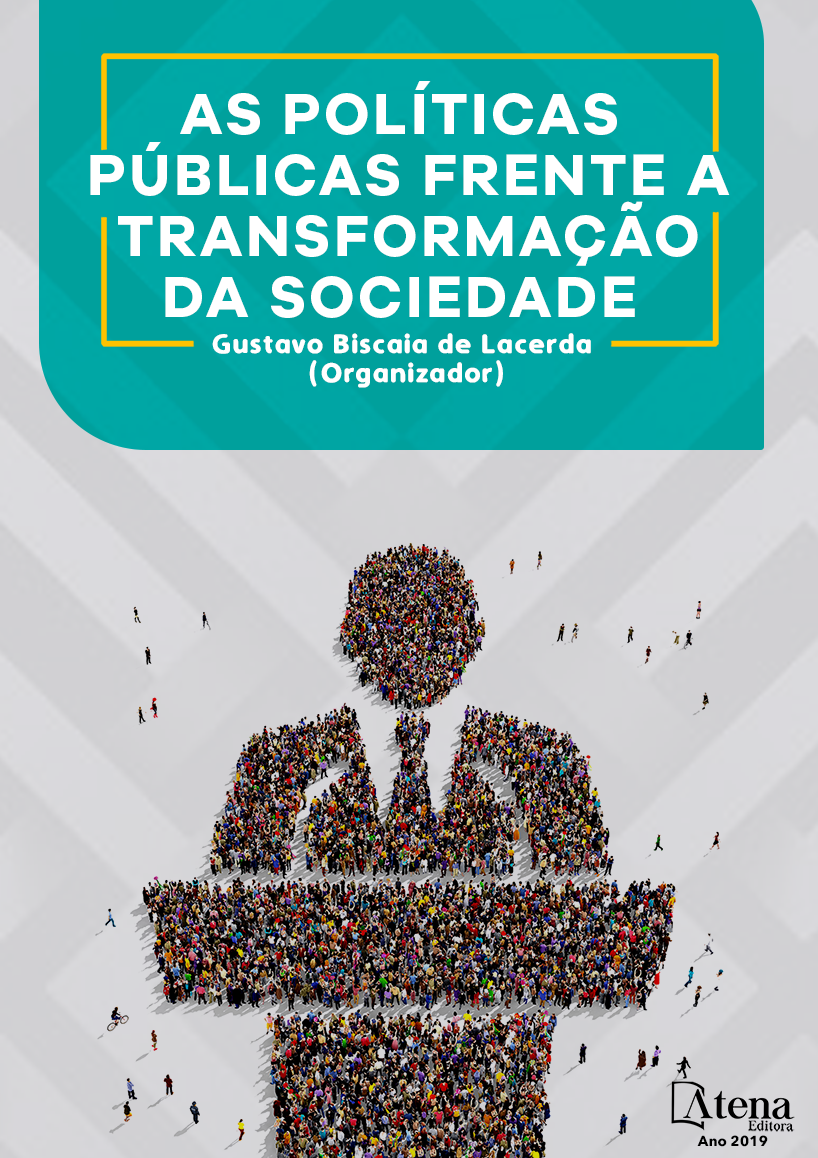
AZUL OU ROSA NÃO ME DEFINEM: UMA ANÁLISE DO ACESSO A EDUCAÇÃO SEGUNDO A IDENTIDADE DE GÊNERO
As questões que versam sobre a
sexualidade no mais das vezes são tratadas
como tabus pela sociedade. Nesse contexto,
nascer e viver com a imagem e registros que
não refletem a sua identidade de gênero, seja
ele masculino ou feminino, pode redundar no
agravamento de dificuldades de inserção no
meio social. Destarte, o presente estudo tem
por objetivo analisar se existem e quais são
os instrumentos normativos aptos a garantir
o ingresso na educação básica segundo a
identidade de gênero. O problema de pesquisa
consiste no seguinte questionamento: existem
instrumentos normativos para garantir o acesso
a educação segundo a identidade de gênero?
Parte-se da hipótese de que, a despeito da
existência da normativa que albergue os
direitos dos indivíduos segundo o seu próprio
reconhecimento de gênero, as maiores
barreiras a serem enfrentadas encontram-se
na efetividade desses postulados e na sua
incorporação em uma realidade social que ainda
estigmatiza minorias e diferenças. O trabalho é
desenvolvido a partir do entendimento do que
se considera como identidade de gênero e
transexualíssimo, perpassando pela verificação
das nuances da Constituição que garantem
a igualdade na educação para finalmente
verificar se existem e quais são os instrumentos
normativos aptos a garantir o acesso segundo
a identidade de gênero para transexuais. As
diretrizes metodológicas partirão do método
de abordagem hipotético-dedutivo, visando o
processo de confirmação ou falseamento da
hipótese lançada, sugerindo-se, por fim, um (re)
olhar para as políticas públicas de educação,
notadamente no seu acesso mais primário e
local, adequando-as as especificidades da
população transgênero.
AZUL OU ROSA NÃO ME DEFINEM: UMA ANÁLISE DO ACESSO A EDUCAÇÃO SEGUNDO A IDENTIDADE DE GÊNERO
-
DOI: 10.22533/at.ed.28019090717
-
Palavras-chave: Direitos Fundamentais. Identidade. Gênero. Transexuais. Educação.
-
Keywords: Fundamental Rights. Identity. Genre. Transsexuals. Education.
-
Abstract:
Sexuality issues are often treated
as taboos by society. In this context, being born
and living with the image and records that do
not reflect their gender identity, be it male or
female, can lead to aggravation of difficulties
of insertion in the social environment. Thus,
the present study aims to analyze if there are
and what are the normative instruments able to guarantee entry into basic education
according to gender identity. The research problem consists of the following question:
are there normative instruments to ensure access to education according to gender
identity? It is hypothesized that, in spite of the existence of the norm that shelters the
rights of individuals according to their own recognition of gender, the greatest barriers
to be faced are the effectiveness of these postulates and their incorporation into a
social reality that still stigmatizes minorities and differences. The work is developed
from the understanding of what is considered as gender identity and transsexualism,
going through the verification of the nuances of the Constitution that guarantee equality
in education to finally check if there are and what are the normative instruments able
to guarantee access according to gender identity for transsexuals. The methodological
guidelines will be based on the hypothetical-deductive approach, aiming at the process
of confirmation or falsification of the hypothesis launched, suggesting, finally, a (re)
look at public education policies, especially in their primary and local access , adapting
them to the specificities of the transgender population.
-
Número de páginas: 15
- JOÃO FELIPE LEHMEN
- GABRIEL ANDRADES DOS SANTOS


